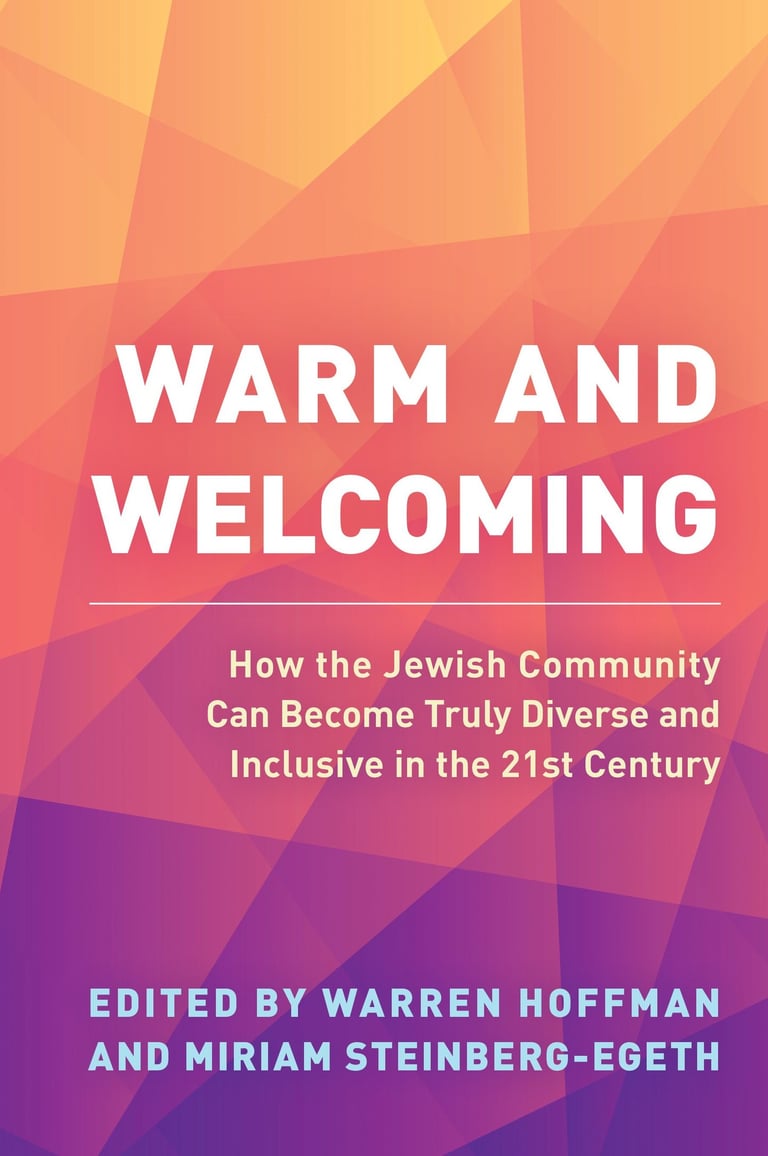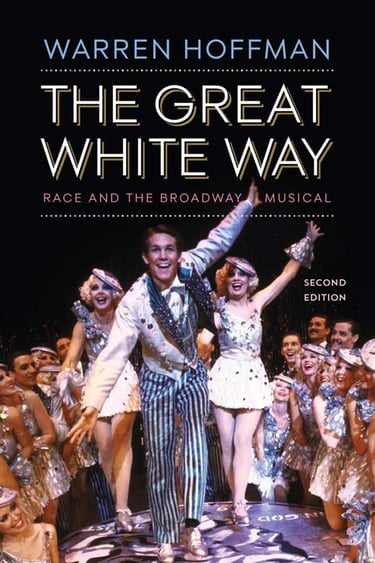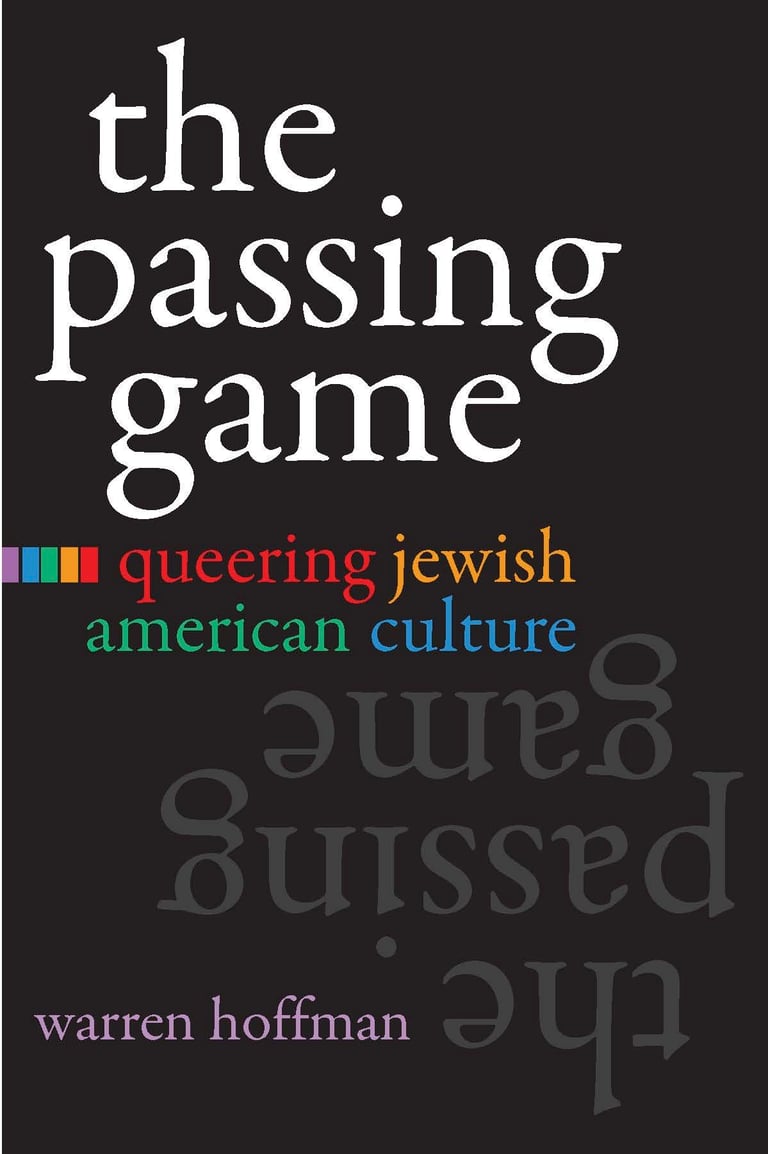
Books
Warm and Welcoming: How the Jewish Community Can Become Truly Diverse and Inclusive in the 21st Century


Warm and Welcoming: How the Jewish Community Can Become Truly Diverse and Inclusive in the 21st Century is the first book to tackle institutionalized biases and barriers to inclusion, offering not only stories and context about the issues facing Jews of all backgrounds, but more importantly offering practical and concrete advice that Jewish institutions can implement right away to change how they engage with diverse populations.
The book features 17 chapters written by some of the most knowledgeable individuals in the Jewish community around the areas of diversity and inclusion. From senior leaders in the field to young innovators who are helping to change the ways that Jewish institutions create community, Warm and Welcoming offers fresh perspectives, best practices, and new ideas to transform Jewish institutions regardless of their size, resources, or number of years in existence.
The Great White Way: Race and the Broadway Musical
Broadway musicals are one of America’s most beloved art forms and play to millions of people each year. But what do these shows, which are often thought to be just frothy entertainment, really have to say about our country and who we are as a nation?
Now in a new second edition, The Great White Way is the first book to reveal the racial politics, content, and subtexts that have haunted musicals for almost one hundred years from Show Boat (1927) to Hamilton (2015). This revised edition includes a new introduction and conclusion, updated chapters, as well as a brand-new chapter that looks at the blockbuster musicals The Book of Mormon and Hamilton.
New archival research on the creators who produced and wrote these shows, including Leonard Bernstein, Jerome Robbins, Stephen Sondheim, and Edward Kleban, will have theater fans and scholars rethinking forever how they view this popular American entertainment.


What People Are Saying
"The Great White Way is an eye-opener for anyone studying the racial implications of commercial musical theater. Idiosyncratic and surprising, Warren Hoffman strips Broadway of its colorful glitz and reveals its naked whiteness."
— Michael Kantor, Emmy Award-winning filmmaker, Broadway: The American Musical
“From Show Boat to Hamilton, from Oklahoma! to The Book of Mormon, Warren Hoffman provides an engaging and insightful analysis of how race has shaped 20th and 21st-century musical theatre. Required reading for the musical theatre student and aficionado alike.”
-Stacy Wolf, author of Changed for Good: A Feminist History of the Broadway Musical
Hoffman’s book is, in some sense, like a Broadway musical itself — surprising in its many and varied elements, opinions, defenses and prosecutions. The role of race in the history of Broadway has, I’m sure, never been more thoroughly or more judiciously explored. And it’s a terrific read.”
-Jack Viertel, author of The Secret Life of the American Musical
The Passing Game: Queering Jewish American Culture
Tony Kushner’s award-winning epic play Angels in America was remarkable not only for its sensitive engagement of Jewish- American and gay culture but also for bringing these themes to a mainstream audience. While the play represented a watershed in American theater and culture, it belies a hundred years of previous attention to queer Jewish identity in twentieth-century American literature, drama, and film. In The Passing Game, Warren Hoffman sheds light on this long history, taking up both Yiddish and English narratives that explore the tensions among Jewish identity, queer sexuality, performance, and American citizenship. With fresh insight Hoffman examines the 1907 Yiddish play God of Vengeance by Sholem Asch, the cross-dressing films of Yiddish actress Molly Picon, and several short stories by Isaac Bashevis Singer. He also analyzes the English-language novels The Rise of David Levinsky (Abraham Cahan), Wasteland (Jo Sinclair), and Portnoy’s Complaint (Phillip Roth). Hoffman highlights the ways in which the characters in these canonical texts attempt to "pass" as white, straight, and American in the early and mid–twentieth century. This pioneering work is a welcome contribution to the study of Jewish American literature and culture.


What the Critics say:
"Hoffman has written a wonderful book that asks important questions about assimilation, identity, gender, and the queering of the Jewish American experience. He digs deeply into the texts and comes up with hidden truths that are finally brought into the light.”
—The Gay & Lesbian Review
"A great read for anyone examining Jewish work on page, stage or screen in America - or anyone who ever wondered, deep down, if there wasn't something just a bit...queer about Jewish culture in America."
-Lilith Magazine
